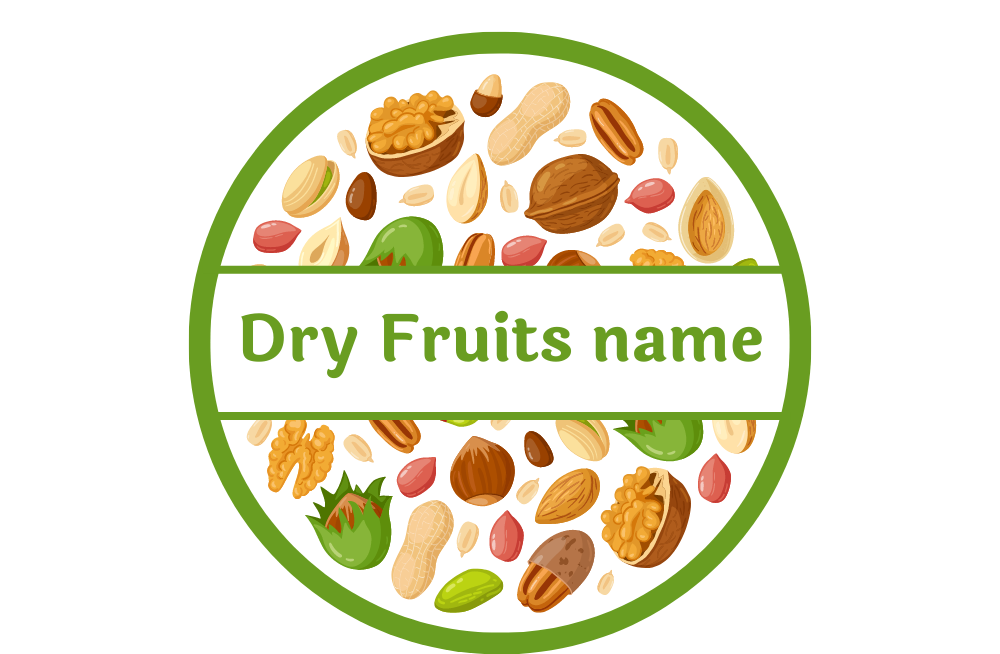Here are ten different types of dried fruits and some of their potential health benefits:
Dried fruits have been a staple food for centuries and are known for their long shelf life, portability, and nutritional value. They are also a great way to enjoy the taste of fresh fruits all year round, as they can be eaten on their own or added to a variety of recipes, such as baked goods, trail mixes, or salads.
Here are ten different types of dried fruits and some of their potential health benefits:
-
Dates
Dates are the fruit of the date palm tree and have been a staple food in the Middle East for thousands of years. They are rich in fiber, potassium, and iron, and are also high in antioxidants, which can help protect against cellular damage.
One study found that eating dates for four weeks improved bowel function and increased feelings of fullness, which may help with weight management. Dates are also a good source of natural sugar and can be a healthier alternative to processed sugars in baking or cooking.
-
Raisins
Raisins are made from dried grapes and are a good source of antioxidants, potassium, and iron. They also contain B vitamins, which are important for energy metabolism and cognitive function.
Studies have shown that raisins may help improve blood sugar control and reduce inflammation, which can contribute to chronic diseases such as diabetes and heart disease. They can also help improve digestion and may reduce the risk of certain cancers.
-
Prunes
Prunes are dried plums that are known for their high fiber content. They also contain potassium, vitamin K, and antioxidants, which can help promote bone health, aid in digestion, and reduce the risk of heart disease.
Studies have shown that eating prunes can help improve bowel regularity and reduce the risk of colon cancer. They may also help lower cholesterol levels and improve bone density in postmenopausal women.
-
Apricots
Apricots are a good source of vitamin A, potassium, and fiber. They are also high in antioxidants, which can help protect against cellular damage and promote healthy aging.
Studies have shown that apricots may help improve eye health, boost immune function, and support healthy skin. They may also help reduce the risk of heart disease and improve digestive health.
-
Figs
Figs are a sweet and chewy fruit that are high in fiber, potassium, and antioxidants. They can help regulate digestion, improve blood sugar control, and reduce inflammation.
Studies have shown that eating figs may help reduce the risk of breast cancer, improve bone density, and promote healthy skin. They are also a good source of calcium and can be a healthy snack option for those who are lactose intolerant.
-
Cranberries
Cranberries are a tart and tangy fruit that are high in vitamin C and antioxidants. They can help prevent urinary tract infections, reduce the risk of certain cancers, and promote healthy gums.
Studies have also shown that cranberries may help improve cardiovascular health, reduce inflammation, and boost immune function. They are a popular ingredient in trail mixes and can be a healthy snack option for those looking to boost their nutrient intake.
-
Mangoes
Mangoes are a tropical fruit that are a good source of vitamin C, beta-carotene, and fiber. They can help boost immune function, support healthy vision, and promote digestive health.
Studies have shown that mangoes may help improve blood sugar control, reduce inflammation, and protect against certain cancers. They are also a good source of natural sugar and can be used as a healthy sweetener in smoothies or desserts.
-
Pears
Pears are a sweet and juicy fruit that are high in fiber, vitamin C, and potassium. They can help regulate digestion,
-
Blueberries
Blueberries are a small but powerful fruit that are packed with antioxidants and contain vitamin C, fiber, and potassium. They can help improve brain function, reduce the risk of heart disease, and promote healthy skin.
Studies have shown that blueberries may help improve memory and cognitive function, reduce inflammation, and protect against certain cancers. They are also a popular ingredient in smoothies and can be a healthy snack option for those looking to boost their nutrient intake.
-
Apples
Apples are a crisp and refreshing fruit that are a good source of fiber, vitamin C, and antioxidants. They can help improve digestion, support heart health, and reduce the risk of certain cancers.
Studies have shown that eating apples may help lower cholesterol levels, reduce inflammation, and improve gut health. They are also a popular ingredient in baked goods and can be a healthy snack option when paired with nut butter or cheese.
In conclusion,
dried fruits can be a healthy and convenient snack option that can provide a variety of nutrients and health benefits. However, it’s important to be mindful of portion sizes and added sugars, as some dried fruits can be high in calories and sugar content. It’s also important to choose dried fruits that are free from additives and preservatives, and to store them in a cool, dry place to maintain their freshness and nutrient content. Incorporating a variety of dried fruits into your diet can be a great way to enjoy the taste and health benefits of fresh fruits all year round.

